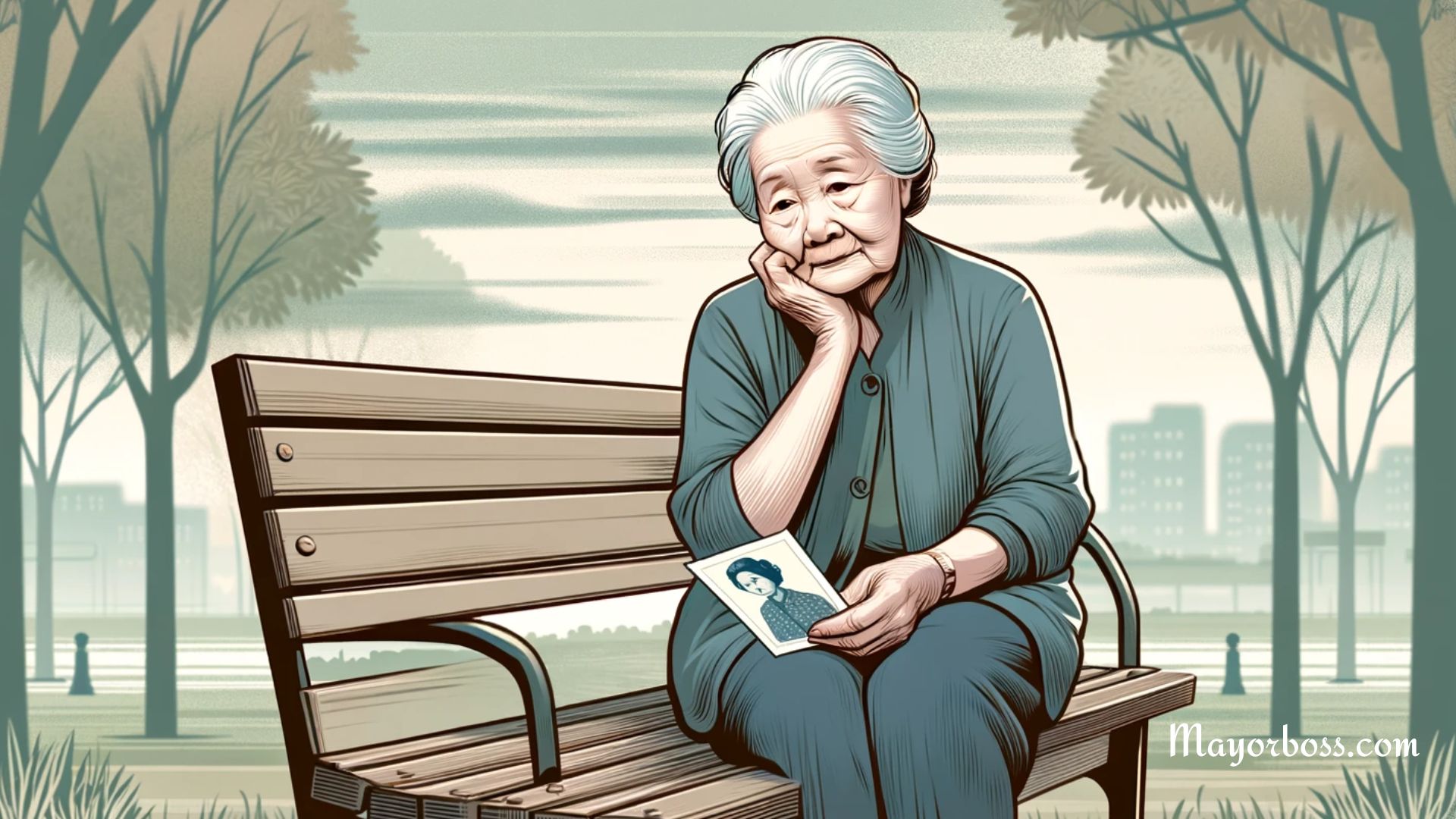What Does It Feel Like To Have Dementia?
Dementia affects millions of people around the world, but if you’ve never experienced it, it can be hard to understand what it’s really like. According to the National Institute on Aging, dementia is a term used to describe a range of conditions that cause problems with memory, thinking, and behavior, making it hard for a person to do everyday activities. “Dementia isn’t just about forgetting names or losing track of time,” says Dr. Natalia Hapych, a certified family medicine physician. “It changes how a person sees the world and interacts with it,” Here is what it feels like to have dementia.

Losing Track of Time Feels Strange
Imagine waking up and not being sure if it’s morning or evening. You can see the clock, but your brain can’t quite make sense of it. For people with dementia, time often becomes blurry—days blend together, and it’s hard to keep track of whether it’s Monday or Friday or even what year it is. This can be really confusing and even scary.
Familiar Faces Become Confusing
One of the hardest parts of dementia is when familiar faces start to feel unfamiliar. Sometimes, a person with dementia will look at their spouse or child and feel confused. Who is this person? Should they know them? These moments of confusion can come and go, creating sad and difficult situations for both the person with dementia and their loved ones.
You Know What You Want to Say, But the Words Are Missing
Imagine trying to tell someone you want a glass of water, but you can’t find the right words. You know what you need, but somehow your brain and mouth don’t connect. People with dementia often struggle to express their thoughts, which makes them feel frustrated or embarrassed. Having a simple conversation can feel like trying to solve a tough puzzle where the words are just out of reach.
Simple Tasks Become Hard to Do
Tasks that used to be easy—like making a cup of tea or getting dressed—can become really hard for someone with dementia. The steps that used to come naturally start to get mixed up. You might put on a shirt but forget how to button it, or pour hot water and forget to add the teabag. This loss of independence can be frustrating and make a person feel anxious. Often, people with dementia know they’re struggling, and that can be very upsetting.
Moments of Clarity Are Bittersweet
Not every moment is confusing. Sometimes, people with dementia have moments of clarity where they remember everything—who they are, where they are, and who the people around them are. These moments can be wonderful but also sad because they might realize just how much they’ve been forgetting. It’s like suddenly being themselves again, only for it to slip away quickly.
Anxiety and Fear Are Common Feelings
Since the world feels less predictable, people with dementia often feel anxious and scared. Imagine being in your own home, but it doesn’t feel familiar. You might walk into the kitchen and not remember why you’re there or what you were planning to do. This constant uncertainty can make even small changes or surprises feel overwhelming.
Finding Comfort in Routines and Familiar Things
Many people with dementia find comfort in routines. A routine can be like a safety net—something that feels steady when everything else is confusing. A familiar song, a favorite meal, or a daily ritual can help bring a sense of calm. These small routines can create moments of peace in a world that often feels chaotic.
Social Situations Can Be Both Good and Difficult
Being around loved ones can be comforting, but social situations can also be confusing and tiring. Imagine being in a room full of people talking but not being able to follow what they’re saying. The words start to blur together, and trying to understand them can be exhausting. This can make someone with dementia feel very tired, even if they love being with those people.
Losing Control of Emotions
Another hard part of dementia is losing control over emotions, notes Dr. Hapych. A person might suddenly feel angry or sad without knowing why. It’s as if their emotions don’t match what’s happening around them. This can be tough for family members to see, especially when someone who is usually calm starts having sudden outbursts or mood swings, says Dr. Hapych.
There Are Still Happy Moments
Even with all the challenges, people with dementia still have moments of joy. A warm hug, a favorite song, or the laughter of a grandchild can break through the confusion and bring real smiles. The emotional connection may not always be expressed in words, but it’s still there. These moments remind us that the person is still there, still able to feel love and happiness, even if it’s just for a little while.
The World Feels Like a Puzzle with Missing Pieces
To sum it up, having dementia can feel like living in a world where pieces of the puzzle are always missing. Sometimes you know what’s missing, and sometimes you don’t even realize there’s a puzzle at all. It’s disorienting, frustrating, and often scary. But there are also moments of connection and warmth when things make sense, even if just for a short time.
How to Support Someone with Dementia
If you have a loved one with dementia, understanding how they might be feeling can help you support them better. “Patience, kindness, and empathy are very important. Even if they can’t always say it, your presence and care mean a lot,” says Dr. Hapych. Creating a calm, predictable environment and cherishing the happy moments can be so helpful.
Dementia is a difficult journey, but people don’t have to face it alone. With understanding and compassion, we can help those with dementia feel loved and supported, even when their world feels confusing, advises Dr. Hapych.






